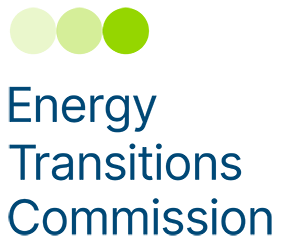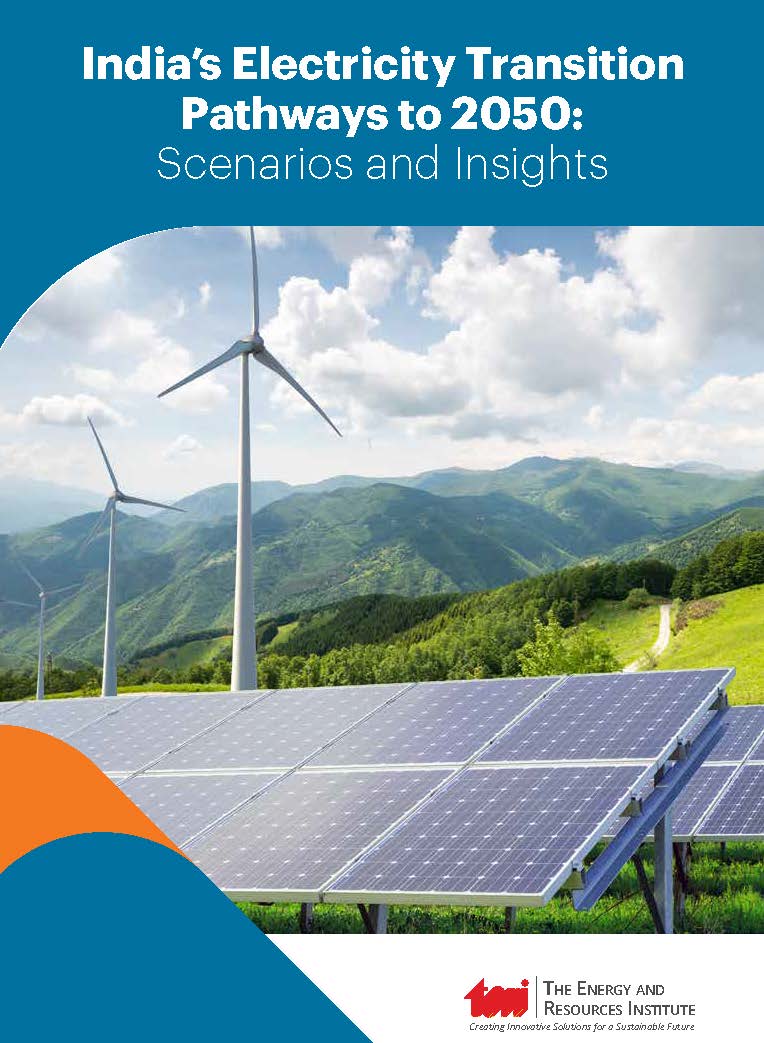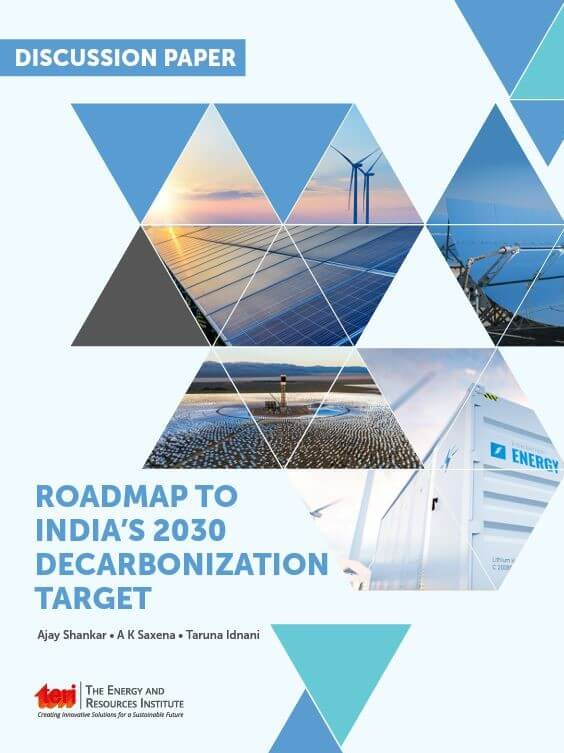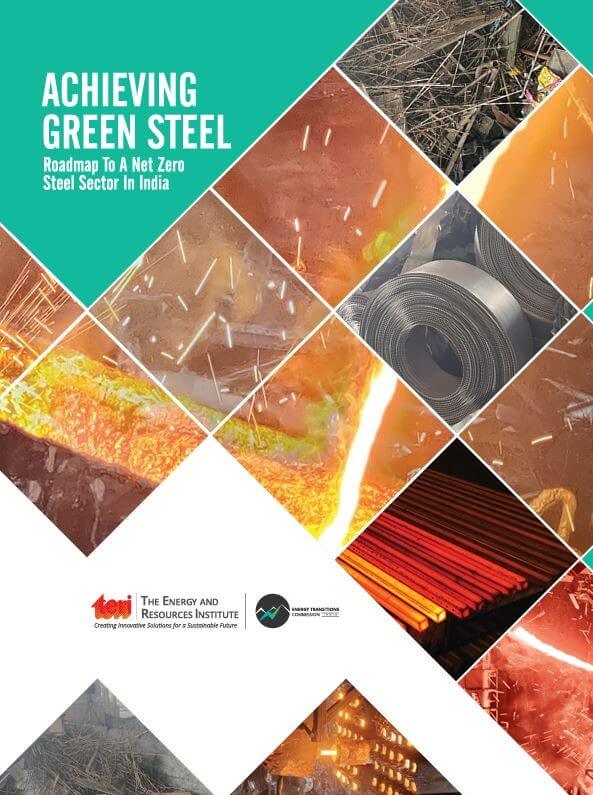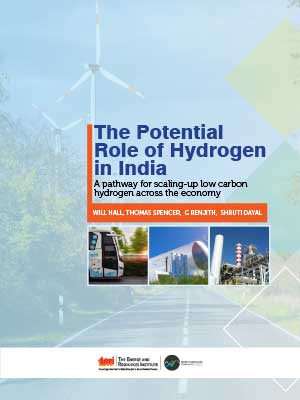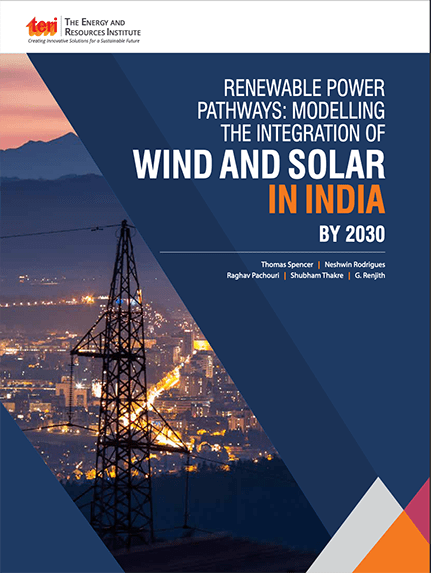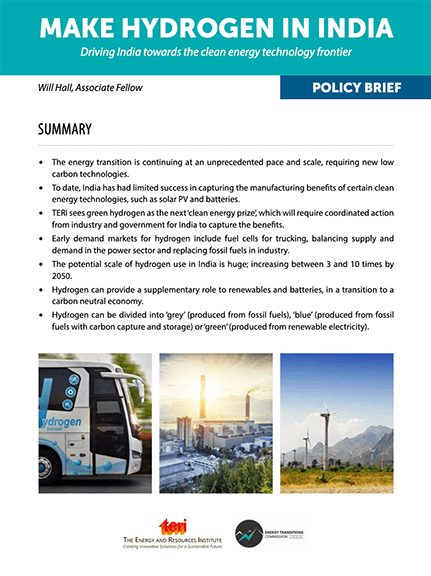India
India is already the third-largest energy consumer globally. To support population growth, economic growth, higher living standards and the electrification of its economy – in particular, of road transport – the country will need to increase its electricity generation fivefold by mid-century. But coal still represents about 60% of its power mix.
India is rapidly approaching a decision point in its economic development journey. Most of the infrastructure Prime Minister Modi committed to achieving net-zero by 2070, alongside the installation of 500 gigawatts of non-fossil needed to support a growing population and an expanding economy, will be built in the next 20–30 years. There is growing need to rapidly phase out coal, consistently achieve record installations of new renewables capacity, seize the opportunity of green hydrogen to make 2020s the renewable decade for India. This is aligned with India’s NDC aiming to achieve 50% cumulative electric power installed capacity from non-fossil based energy resources by 2030.

ETC India
Over the last few years, ETC India – based in Delhi and run by The Energy and Resources Institute – has become an authoritative voice on India’s energy transition. It has influenced the upward revision of the government’s objective for renewables deployment. The first phase of work in 2019 concluded that India can reach 45% non-fossil-fuel generation by 2030 while more than doubling power supply. While initially received with caution, this was then translated into government strategies, with some government projections now suggesting even higher figures.
ETC India is currently working to inform the next round of government strategies, including the revision of India’s Nationally Defined Contribution. It is pursuing its analysis of the power system, focusing on the integration of renewables in the grid and feasible decarbonisation trajectories post-2030. ETC India has also started to put industry decarbonisation on the policy agenda on the eve of a major wave of investments in industrial assets.
To know more, please get in touch with A K Saxena or visit https://www.teriin.org/energy-transitions
